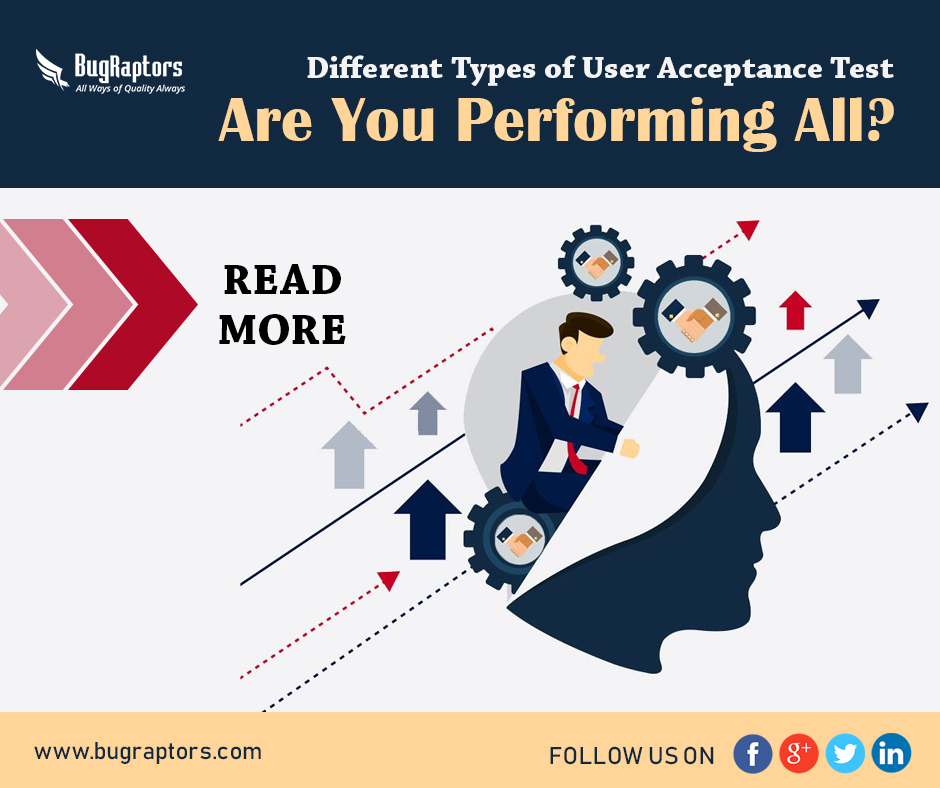Acceptance testing is a critical phase inside the software enhancement lifecycle, ensuring that will something meets the particular required specifications and even functions correctly ahead of going live. Together with advancements in man-made intelligence (AI), there’s growing interest within leveraging AI for automating acceptance screening to enhance efficiency and accuracy. However, the implementation of AI with this domain is usually fraught with restrictions and challenges, generally relevant to reliability, confidence, plus the necessity with regard to human oversight. This article delves directly into these issues, discovering their implications plus potential solutions.
just one. Reliability Concerns inside AI for Acceptance Testing
One of the foremost challenges in utilizing AJAI for acceptance assessment is ensuring the reliability of the AJAI models and tools used. Reliability in this context refers to the consistent performance regarding AI in precisely identifying defects, making sure compliance with demands, and not bringing out new errors.
Data Quality and Availability
AI models require vast amounts of superior quality data to purpose effectively. Most of the time, famous test data may possibly be incomplete, inconsistent, or insufficient. Negative data quality can lead to unreliable AI versions that produce wrong test results, potentially allowing defects to slip through the breaks.
Model Generalization
AJE models trained about specific datasets may fight to generalize around different projects or perhaps environments. This lack of generalization implies that AI resources might perform nicely in a single context but neglect to detect concerns within, limiting their very own reliability across diverse acceptance testing cases.
2. Trust Concerns in AI with regard to Acceptance Testing
Setting up rely upon AI techniques can be another significant concern. Stakeholders, including programmers, testers, and management, need to have confidence of which AI-driven acceptance tests will produce dependable and valid outcomes.
Explainability and Transparency
AI models, specifically those based in deep learning, frequently operate as “black boxes, ” making it difficult to be able to learn how they appear at certain selections. This lack regarding transparency can go trust, as stakeholders are hesitant in order to count on systems these people do not totally comprehend. Ensuring AI explainability is essential for fostering confidence and acceptance.
Prejudice and Fairness
AI models can accidentally learn and perpetuate biases present in training data. Inside the context regarding acceptance testing, prejudiced AI could lead to unfair screening practices, such as looking over certain varieties of problems more than other people. Addressing bias and even ensuring fairness inside AI models is important for maintaining confidence and integrity within the testing process.
a few. The Need intended for Human Oversight within AI for Acknowledgement Testing
Inspite of the potential benefits of AJE, human oversight remains indispensable in the particular acceptance testing procedure. AI should end up being viewed as a device to augment human being capabilities rather as compared to replace them.
Compound Scenarios and In-text Understanding
AI types excel at design recognition and data processing but usually lack the in-text understanding and refined judgment that individual testers bring. Organic scenarios, particularly all those involving user knowledge and business logic, may require human intervention to ensure comprehensive testing.
Continuous Learning and Variation
AI models want to continuously learn and adapt in order to new data in addition to changing requirements. Individual oversight is essential in this iterative process to provide feedback, correct problems, and guide the particular AI in enhancing its performance. More about the author guarantees that AI systems remain relevant and effective over period.
Mitigating the Challenges
To cope with these limitations and challenges, various strategies can get employed:
Improving Files Quality
Investing in high-quality, diverse, and comprehensive datasets will be essential. Data enhancement techniques and man-made data generation can easily help bridge breaks in training information, enhancing the trustworthiness of AI designs.
Enhancing Explainability
Establishing techniques for AI explainability, such because model interpretability equipment and visualizations, may help stakeholders know AI decision-making processes. This transparency fosters trust and facilitates the identification and modification of biases.
Putting into action Robust Validation Mechanisms
Rigorous validation systems, including cross-validation plus independent testing, will help ensure that AJAI models generalize well across different scenarios. Regular audits and reviews of AI systems can further grow their reliability.
Cultivating a Collaborative Human-AI Method
Encouraging some sort of collaborative approach where AI assists human being testers can improve the strengths of both. Human oversight makes sure that AI versions remain aligned using business goals and even user expectations, while AI can handle repetitive and data-intensive tasks.
Summary
Although AI holds important promise for changing acceptance testing simply by increasing efficiency and even accuracy, not necessarily without its challenges. Stability issues, trust worries, and the requirement of human oversight happen to be key hurdles that must be addressed to fully harness the possible of AI in this field. By improving data quality, enhancing explainability, implementing robust validation mechanisms, in addition to fostering a collaborative human-AI approach, these challenges can always be mitigated, paving typically the way to get more successful and trustworthy AI-driven acceptance testing alternatives.